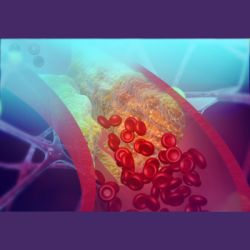A joint BYU-Utah research team is working on a new breast cancer screening technique that has the potential to reduce false positives by focusing on sodium levels in the breast.
BYU electrical engineer Neal Bangerter (pictured), University of Utah collaborators Rock Hadley and Joshua Kaggie and colleagues have created an MRI device that could improve the process and accuracy of breast cancer screening by scanning for sodium levels in the breast.
The device is capable of as much as five-times more accurate images than previous efforts with the emerging methodology of sodium MRI.
Mammograms are relatively inexpensive, but women may have to undergo unnecessary biopsies if something suspicious is detected. Proton MRI scans are usually used to further examine suspicious areas found by mammograms. However, they can produce false positives leading to unnecessary interventions.
Sodium MRI has the potential to improve assessment of breast lesions because sodium concentrations are thought to increase in malignant tumors. Bangerter and his colleagues believe that the addition of sodium MRI to a breast cancer screening exam could provide important additional diagnostic information that will cut down on false positives.
The team has developed a new device used for sodium imaging which gives a level of detail and structure not previously achieved. The technique returns high-quality images in just 20 minutes, improving the odds that sodium MRI breast scans could be implemented clinically.
The team aims to produce a device capable of obtaining both excellent sodium and good proton images without requiring the patient being screened to be repositioned for multiple scans.
Source: Science Daily, 27 September 2013
Image credit: Brigham Young University
References:
Joshua D. Kaggie, J. Rock Hadley, James Badal, John R. Campbell, Daniel J. Park, Dennis L. Parker, Glen Morrell, Rexford D. Newbould, Ali F. Wood and Neal K. Bangerter. A 3 T sodium and proton composite array breast coil. Magnetic Resonance in Medicine, September 2013 DOI: 10.1002/mrm.24860
Latest Articles
A joint BYU-Utah research team is working on a new breast cancer screening technique that has the potential to reduce false positives by focusing on sodium...























